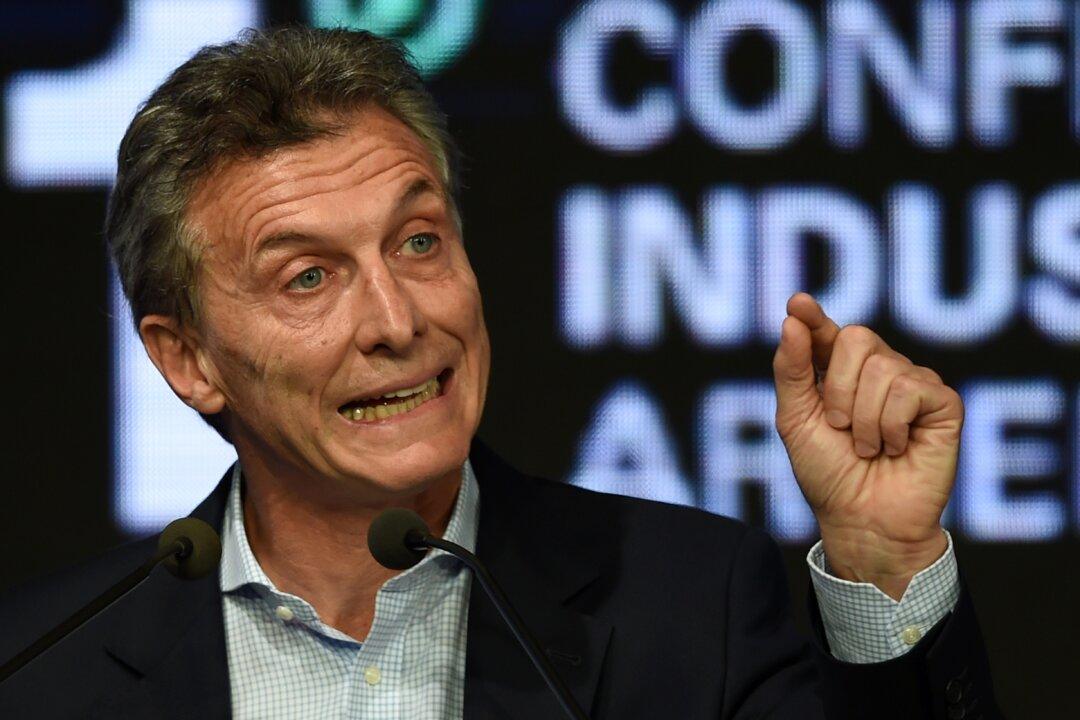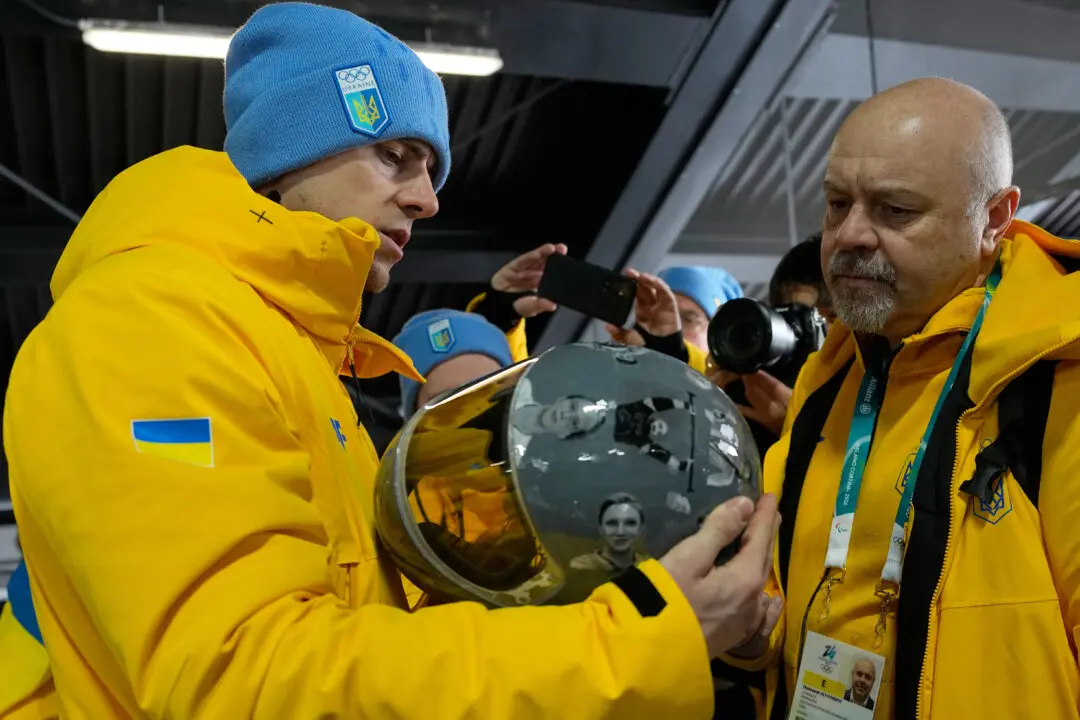ASUNCION, Paraguay—Argentine President Mauricio Macri asked Venezuela’s government on Monday to free prisoners being held for political reasons.
Macri made his appeal during a meeting of the Mercosur trade bloc in the Paraguayan capital. He recently said he would seek to suspend Venezuela from the South American block over its government’s jailing of opposition leaders. But that’s no longer likely because President Nicolas Maduro’s government respected the results of Venezuela’s Dec. 6 congressional elections.
Mercosur members say that the suspension would only have been in order if Venezuela had not accepted the vote results and broken the group’s so-called “democratic clause,” which says a member country can be sanctioned if it has “broken the democratic order.”
“Venezuela’s government must work toward achieving a true culture of democracy for our region,” Macri said during the meeting in Asuncion. “There’s no room for persecution based on ideological reasons or for thinking differently.”
To emphasize his commitment to the cause, Macri took a picture on the night he was elected president on Nov. 22 with Lilian Tintori, the wife of Leopoldo Lopez, an opposition leader in Venezuela jailed early last year.
Venezuela became a full member of the South American bloc in 2012 in an effort to link the region’s most powerful agricultural and energy markets.
Maduro is absent from the group’s meeting, but Venezuela’s Foreign Minister Delcy Rodriguez defended her country’s socialist government and accused Macri of interfering in Venezuela’s internal affairs.
“Macri is defending the political violence of 2014, when (opposition demonstrators) used bazookas, set the public ministry on fire,” Rodriguez said of protests last year in Venezuela, in which several dozen people died.





